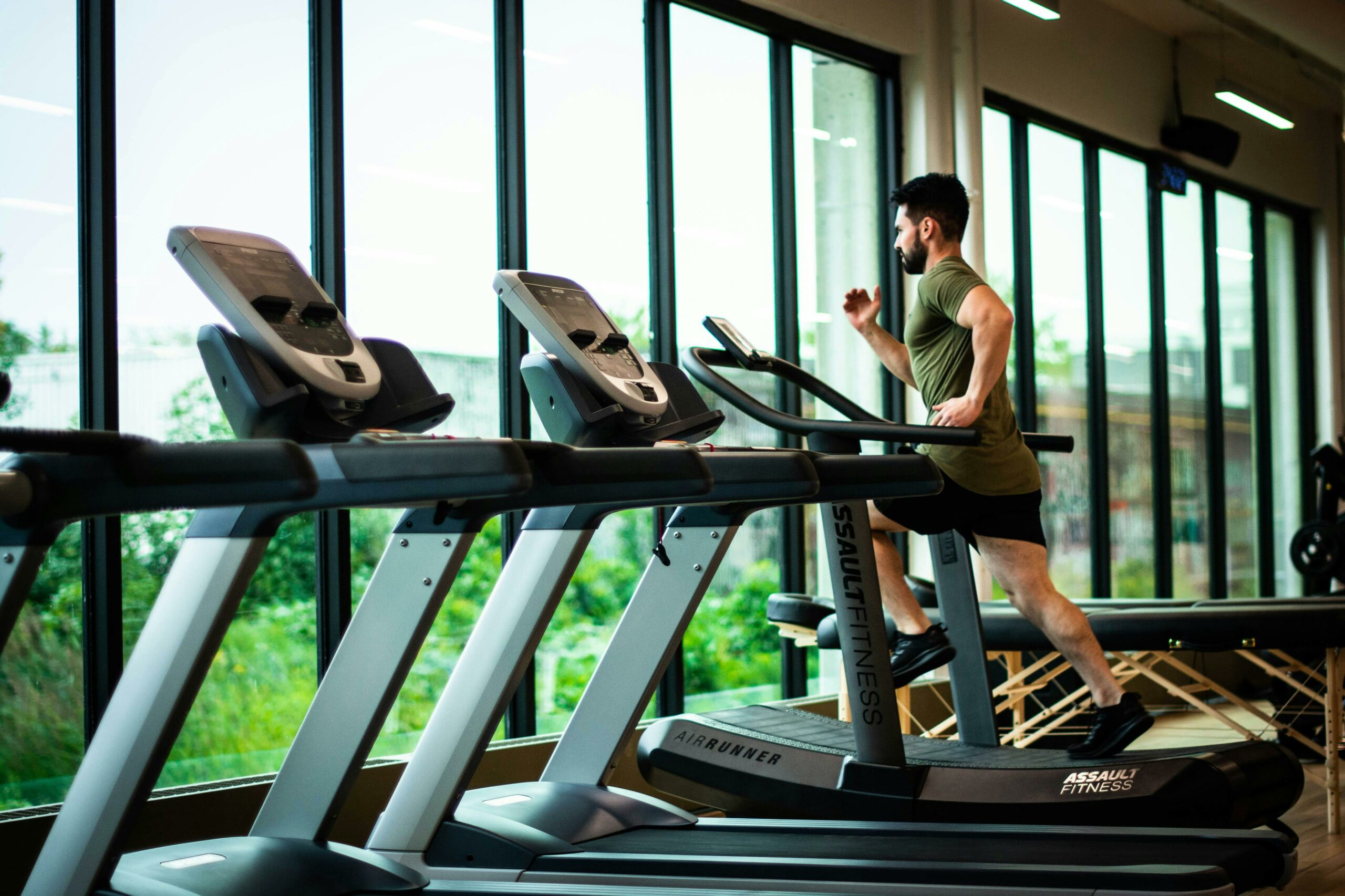Embarking on a rehabilitation journey can be a challenging and transformative experience. Whether you’re recovering from an injury, illness, or addiction, it’s essential to approach rehabilitation holistically, addressing both the physical and mental aspects of healing.
In this blog post, we will explore six key points to help you nurture your body and mind during the rehabilitation process, enabling a more comprehensive and sustainable recovery.

Embrace a Balanced Diet
Proper nutrition plays a vital role in rehabilitation. When you’re recovering, your body requires essential nutrients to repair tissues, support immune function, and provide energy.
Embrace a balanced diet by incorporating a variety of fresh fruits, vegetables, whole grains, lean proteins, and healthy fats into your meals. Fruits and vegetables are rich in vitamins, minerals, and antioxidants that aid in healing and reduce inflammation.
Whole grains provide sustained energy, while lean proteins support tissue repair. Healthy fats, such as those found in avocados, nuts, and olive oil, contribute to brain health and reduce inflammation.
Consult with a healthcare professional or nutritionist to create a personalized meal plan that caters to your specific needs, ensuring optimal recovery.
Prioritize Physical Therapy and Exercise
Physical therapy is a cornerstone of rehabilitation, aiding in the restoration of mobility, strength, and flexibility.
Work closely with your healthcare provider to establish a tailored physical therapy plan that targets your specific condition or injury. Commit to attending regular therapy sessions, and be diligent in following the prescribed exercises and stretches at home.
Physical therapy exercises help to improve the range of motion, build strength, and prevent further injury. Additionally, engage in suitable exercises that complement your therapy routine. Activities like walking, swimming, or gentle yoga can facilitate the recovery process, boost circulation, and improve overall well-being.
Remember to listen to your body and progress gradually to prevent any setbacks.
Seek Support from Rehab Centers
Rehabilitation centers play a vital role in providing specialized care and support tailored to your specific needs.
The exclusive rehab centre will be staffed with healthcare professionals, including doctors, nurses, therapists, and counselors, who are experienced in guiding individuals through the recovery process, all in a secluded, beautiful location that benefits the recovery.
Rehab centers offer structured programs that address the physical, mental, and emotional aspects of rehabilitation.
They provide a safe and supportive environment for healing, often offering a range of therapies, educational resources, and group activities.
Foster a Supportive Network
Rehabilitation can be emotionally and mentally taxing, and having a strong support system can significantly impact your well-being throughout the process.
Surround yourself with loved ones who offer encouragement, empathy, and understanding. Share your goals, challenges, and progress with them, allowing them to provide valuable emotional support.
Consider joining support groups or seeking counseling to connect with individuals who have undergone similar experiences. Sharing your struggles and triumphs with others who can relate can be incredibly empowering and provide a sense of belonging and understanding.
Cultivate Mindfulness and Mental Wellness
The rehabilitation journey often presents challenges that can impact your mental health. Stress, frustration, and anxiety may arise as you navigate the physical and emotional demands of recovery.
Practicing mindfulness techniques can help alleviate these negative emotions and promote mental wellness. Incorporate meditation or deep breathing exercises into your daily routine to reduce stress and promote relaxation.
Journaling can also be a therapeutic practice, allowing you to express your thoughts and emotions.
Engaging in activities that bring you joy and relaxation, such as listening to music, engaging in hobbies, or spending time in nature, is also beneficial.
Prioritizing mental wellness alongside physical recovery allows for a more comprehensive healing experience.
Set Realistic Goals and Celebrate Progress
During rehabilitation, it’s crucial to set realistic goals and celebrate the progress you make, no matter how small. Break down your recovery journey into manageable steps and focus on achieving them one at a time.
Your healthcare provider can help you establish measurable goals that align with your specific rehabilitation plan.
Celebrate milestones along the way, whether it’s increased mobility, decreased pain, or improved mental well-being. Recognizing and acknowledging your progress fosters motivation and positivity, propelling you forward on the path to full recovery.
Remember that healing is a journey, and each small step counts toward your ultimate goal.
Practice Self-Compassion and Patience
Rehabilitation is a process that requires patience and self-compassion. Understand that setbacks may occur, and progress may not always be linear. It’s essential to listen to your body’s signals and respect its limitations.
Be kind to yourself during moments of frustration or disappointment. Allow yourself time to rest and recover, without pushing too hard or expecting immediate results. Embracing self-compassion and patience cultivates resilience and enables a more gentle and sustainable healing experience.
Trust the process and give yourself credit for the efforts you put in every day.
Embarking on a rehabilitation journey is a transformative process that requires nurturing both the body and mind. By embracing a balanced diet, prioritizing physical therapy, fostering a supportive network, cultivating mindfulness, setting realistic goals, and practicing self-compassion, you can create a healing environment from within.
Remember that healing takes time, and each step forward, no matter how small, is a testament to your resilience and determination.
With a holistic approach, you can navigate the rehabilitation process with grace, empowering yourself to emerge stronger, both physically and mentally.






